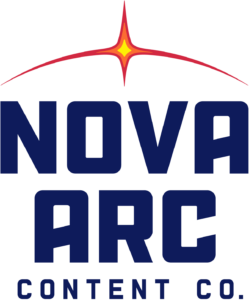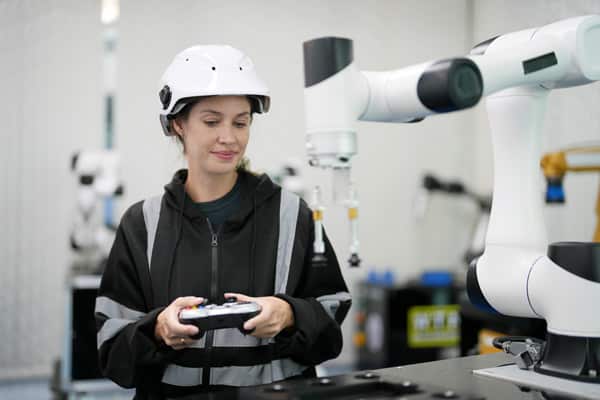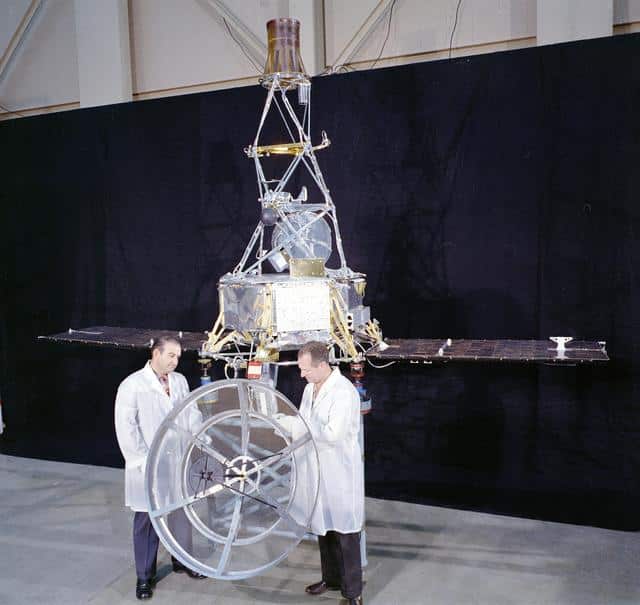The increasing use of artificial intelligence in writing has created countless discussions around the guidelines for and the ethics of using AI. With concerns about bias, plagiarism, and copyright laws, to name just a few, many are considering the implications—and the possibility of AI replacing human researchers, writers, and editors.
Some argue that the conversation should end before it even begins. The Committee on Publication Ethics declared that “AI tools cannot meet the requirements for authorship as they cannot take responsibility for the submitted work.” However, there’s an equally pressing concern around AI. It’s a risk that the presence of an experienced human editor mitigates by default: accuracy and consistency. Let’s consider one example: article references.
AI’s biggest weakness is its inaccuracy
In a study published last year, the researchers determined that references provided by ChatGPT could not be trusted. When ChatGPT was tasked with writing a scientific article, it cited references that were outdated, which is logical considering that the then-current version of ChatGPT was trained in 2021. But when asked to provide newer references, many were inaccurate or did not exist in internet databases. Also, the number of references listed in ChatGPT’s writing did not match the number of references it cited.
Scientific and technical papers must provide factual, verifiable information. References are meticulously documented to meet this standard and publication guidelines. When drafted and edited by human experts, references are researched, verified, and queried for accuracy before publication. Current AI technology, at least in the previously mentioned study, still needs human technical writers and editors to reach this level of accuracy.
Joining forces is likely inevitable
However, AI can be a useful writing tool. Writers can use AI to overcome writer’s block or to brainstorm and research topics in pre-writing, so long as they cross-check references and cite any language crafted by AI (the Chicago Manual of Style offers guidance for this).
As AI tools are fine-tuned and improved versions become more widely available, they will more than likely be able to better compete with human writers. No matter how these tools progress, it is essential for writers and editors to understand how to use AI properly and know its limitations and benefits so that the technology can be used to their advantage.
We keep the human touch in all our writing, editing, design, and marketing services.


